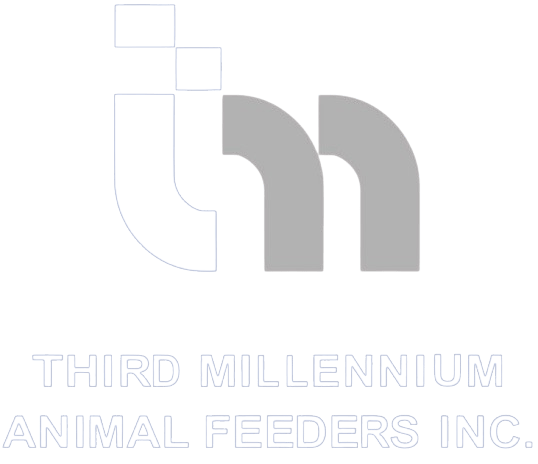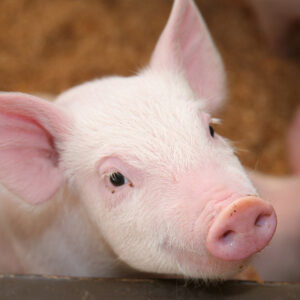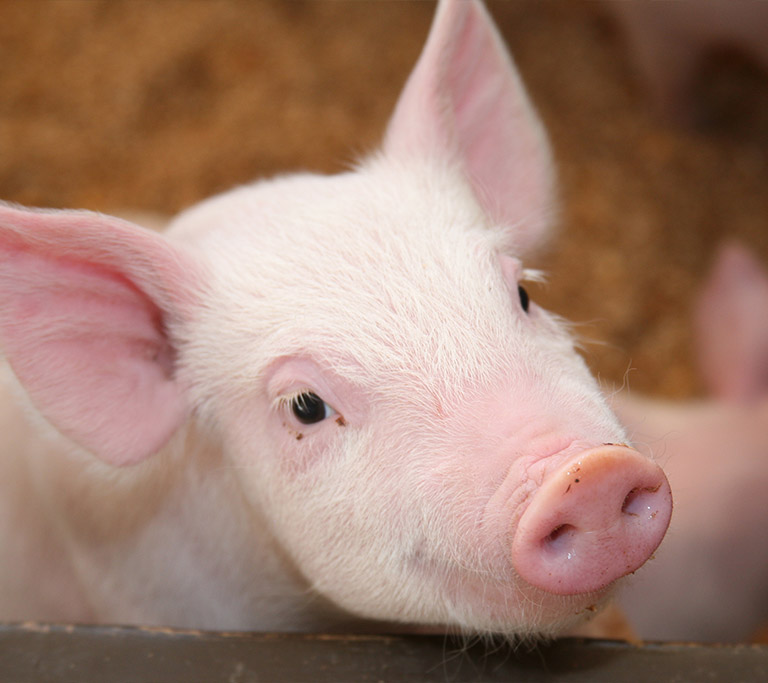


Threonine
Threonine is an essential amino acid that plays a crucial role in pig nutrition. Including L-Threonine in pig diets offers several benefits. Here’s an overview of its role and the benefits of using L-Threonine in pig diets:
- Protein synthesis and growth: L-Threonine is an important building block for protein synthesis. It is involved in the formation of proteins, including enzymes, structural proteins, and muscle tissue. Adequate levels of L-Threonine in the diet support optimal protein synthesis, promoting growth, and development in pigs.
- Muscle development and lean growth: L-Threonine plays a role in muscle development and the deposition of lean muscle mass. It helps optimize muscle protein synthesis and supports the growth of lean tissue. Including sufficient levels of L-Threonine in the diet can contribute to improved body composition, better muscle development, and increased lean growth in pigs.
- Immune function and gut health: L-Threonine supports immune function and maintains gut health in pigs. It is a precursor for the synthesis of mucin, a glycoprotein that lines the gastrointestinal tract and acts as a protective barrier. Adequate levels of L-Threonine help support a healthy gut lining, enhance intestinal mucosa integrity, and improve immune responses in pigs.
- Nutrient utilization and feed efficiency: L-Threonine plays a role in pigs’ nutrient utilization and feed efficiency. It influences the utilization of other amino acids, such as tryptophan and methionine. Proper levels of L-Threonine in the diet can optimize the utilization of these amino acids, leading to improved nutrient efficiency and better feed conversion ratios.
- Skin and coat health: L-Threonine is involved in the production of collagen, which is essential for the health and integrity of the skin and coat in pigs. Adequate levels of L-Threonine support the production of collagen, promoting healthy skin, hair, and coat condition.
It’s important to ensure that L-Threonine is provided in appropriate amounts in pig diets to meet the specific requirements of the animals. L-Threonine can be supplemented in the form of crystalline L-Threonine or as part of protein-rich feed ingredients. Careful attention should be given to the sourcing and quality of L-Threonine supplements to ensure their effectiveness and suitability for pig nutrition. L-Threonine in pig diets supports protein synthesis, muscle development, lean growth, immune function, gut health, nutrient utilization, and skin and coat health. It is an essential nutrient that plays a vital role in various physiological processes and should be considered an integral part of pig nutrition.




